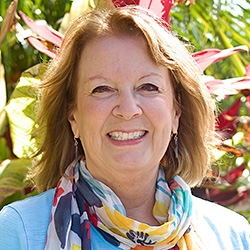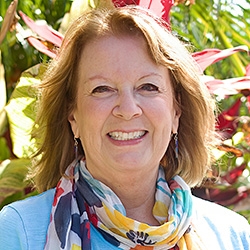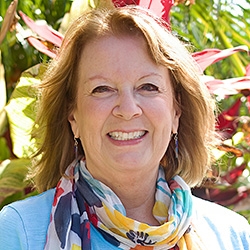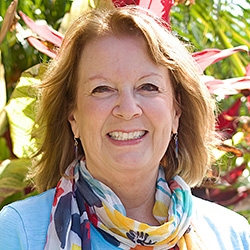

NVC Resources on Conflict
-
Have you been struggling with the difficulties that can arise from working at home? If you're used to working from an office, a space that is designed for work, it can be a shock working from a space that is usually associated with other kinds of activities. In this Life Hack, we look at ways that NVC can help you deal with potential conflicts that arise.
-
For many, spending time with relatives over the holidays may be challenging. In addition to the love and care we may feel, family gatherings can bring up old hurts or expose painful differences. How many family meals have been marred by tense silence or devolved into harsh argument?
-
Trainer Tip: To defuse anger and create space for resolution, hear the other person’s feelings and needs. If this practice is new to you, you're like to experience fear and resistance in trying it out. However, you'll be more likely to experience a powerful shift, and build your capacity, if you try it anyways.
-
Trainer Tip: Stating our observations, feelings and needs can still be heard as criticism if we don't follow it up right away with a specific, doable request. Ending your statement with a request for what you want can clarify the situation and reduce the chances that you'll be met with defensiveness. Read on for an example.
-
It's important to make requests specific and doable. Also, without a swift request immediately after we state our observation, feeling, and need in regard to the situation, the other person is left guessing what we want. Instead, a swift request can bring clarity and lessen the potential for the listener to become defensive or argue.
-
Experience John Kinyon's application of NVC Founder Marshall Rosenberg's 4-part model of reconciliation and healing, a model he developed over the course of decades of work with people around the world who have experienced the deep pain of violence.
-
Join CNVC Certified Trainer Arnina Kashtan as explores interdependence, autonomy, valuing self and others, and power-sharing in your relationships. Free yourself to honor your longing for community, belonging, and love.
-
Discover why empathy is a vital workplace skill, boosting productivity and collaboration.
-
Miki will take you step-by-step through four vital systems that support radical collaboration and foster meaning. You’ll learn how to design a decision making process, create clear statements of intent, and create a process for resolving conflict.
-
Trainer tip: It's often easy for us to hear rejection when someone says “no” to us. If we focus on the rejection, we may feel hurt and fail to take the time to understand what is going on with them. However, if we focus on their feelings and needs, we're more likely to uncover what they want and what prevents them. To increase success in resolving conflicts and find solutions that work for everyone, hear the “yes” behind their "no".
Quick Links

Stay in Touch!
We value your privacy, won't share your email address and you can easily unsubscribe any time.










